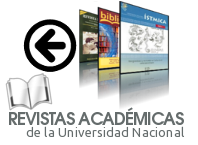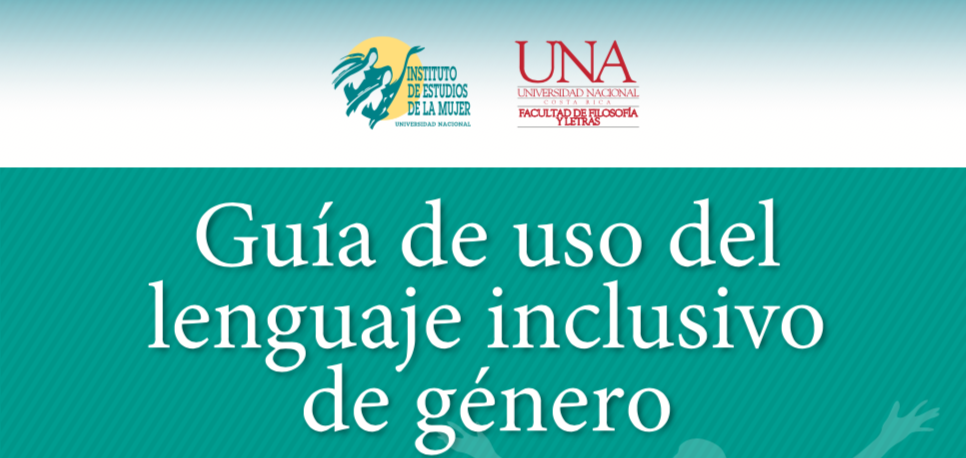David Harvey and the Madness of Complex Reason
DOI:
https://doi.org/10.15359/praxis.81.5Keywords:
Philosophy, Marxism, Dialectics, Complexity Theory, neoliberalismAbstract
This paper analyzes some ideas of David Harvey in relation to the epistemological background of his proposal. It also studies the relationship between complexity theory, the notion of model, and Marxism, in order to comprehend the contradictions derived from this, not only for Marxism, but also for the study of capitalism. On the contrary, it establishes a return to dialectics and its notion of Wissenschaft as a means to sublate the distortions of Marxian thought that Harvey’s proposal does.
References
Alfaro-Vargas, R. (2016a). Totalidad y teoría de conjuntos. Revista de Ciencias Sociales, II (152), 133-144. DOI: 10.15517/ rcs.v2i152.27359
Alfaro-Vargas, R. (2016b). Las categorías de lo abstracto y lo concreto. Praxis, 73, 19-35. DOI: 10.15359/praxis.73.2
Alfaro-Vargas, R. (2017a). Crítica de la noción de modelo. Sapientiae: Ciências sociais, Humanas e Engenharias, 2 (2), 148-163.
Alfaro-Vargas, R. (2017b). Crítica de los estudios marxistas de la cultura y los medios. Sapientiae: Ciências sociais, Humanas e Engenharias, 19 (2), 192-211.
Alfaro-Vargas, R. (2018). “Unnatural Narratives, Emotions, and Neoliberalism”. Sapientiae: Ciências sociais, Humanas e Engenharias, 4 (1), 5-23. DOI: https://doi.org/10.37293/sapientiae41.02
Alfaro-Vargas, R. (2019). La undécima tesis: dialéctica del fascismo neoliberal. San José, Costa Rica: Progreso Editorial. Available at https://yadi.sk/i/YqiEpv_XUITJww?fbclid=IwAR2nHSY1DjgWRaw3PzhMwnMwZpyhra11vW3whl5dn5-IpI4NprW2PcACy0k
Arabindoo, P. (2017). Editorial: A geology of Marx? City, 21 (3-4), 249-252. DOI: 10.1080 /13604813.2017.1399715
Callinicos, A. (2014). Deciphering Capital. Marx’s Capital and its Destiny. London: Bookmarks Publications.
Clerval, A. (2011). David Harvey et le matérialisme historico-géographique. Espaces et sociétés, 4 (147), 173-185. DOI: 10.3917/esp.147.0173
Ferrarin, A. (2004). Hegel and Aristotle. Cambridge: Cambridge University Press.
Fischer, B. and Leon, F. (2017). Introduction to Modal Epistemology After Rationalism. In Modal Epistemology After Rationalism. Fischer, B. and Leon, F. (eds.). Cham, Switzerland: Springer: 1-6. DOI: 10.1007/978-3-319-44309-6_1
Harvey, D. (2014). Seventeen Contradictions and the End of Capitalism. New York: Oxford University Press.
Harvey, D. (2018). Marx, Capital and the Madness of Economic Reason. New York: Oxford University Press.
Hayek, F. A. (1992). The Fatal Conceit: The Errors of Socialism. London: Routledge.
Konings, M. (2018). Capital and Time: For a New Critique of Neoliberal Reason. Stanford (CA): Stanford University Press.
Manuse, J.E. and Sniezek, B. (2017). In Transdisciplinary Perspectives on Complex Systems. New Findings and Approaches. Kahlen, F-J.; Flumerfelt, Sh. and Alves, A. (eds.). Switzerland: Springer: 213-269. DOI: 10.1007/978-3-319-38756-7_9
Marx, K. (1961). Das Kapital. Werke Band 13. Berlin: Dietz.
Marx, K. (1978). Thesen über Feuerbach. Werke Band 3. Berlin: Dietz.
Marx, K. (1983). Grundrisse der Kritik der politischen Ökonomie. Werke Band 42. Berlin: Dietz.
Oatley, K. (2011). Such Stuff as Dreams. The Psychology of Fiction. Malden (MA)-Oxford: Wiley-Blackwell.
Slobodian, Q. and Plehwe, D. (2020). Introduction. In: Nine Lives of Neoliberalism. Plehwe, D.; Slobodian, Q. and Mirowski, P. (eds.). London and New York: Verso: 1-17.
Sperber, J. (2013). Karl Marx. A Nineteenth-century Life. Nueva York: Liveright Publishing Corporation.
Žižek, S. (2014). Event. A Philosophical Journey Through a Concept. Brooklyn and London: Melville House.
Žižek, S. (2019). The Relevance of the Communist Manifesto. Cambridge and Medford (MA): Polity.
Žižek, S. (2020). Sex and the Failed Absolute. London and New York: Bloomsbury.
Downloads
Published
How to Cite
Issue
Section
License
La revista trabaja bajo la Licencia Creative Commons Atribución-NoComercial-CompartirIgual 4.0 Internacional; apartir de la publicación número 79 (2019); en publicaciones anteriores se trabajaba bajo una Licencia Atribución- No Comercial- Sin Derivadas 4.0 Internacional.







